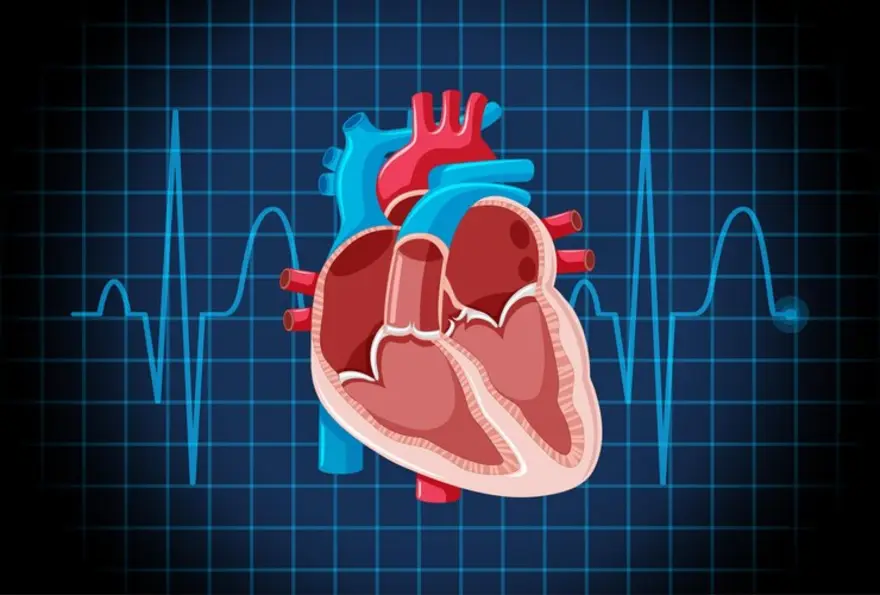vitamin b12 symptoms
This is What Happens When Your Vitamin B12 is Low
Vitamin B12 is a water-soluble vitamin that is needed by your body for optimal functioning. Thinking what does vitamin B12 actually do? You need vitamin B12 to make red blood cells (RBCs), nerves, genetic materials of most cells (DNA), and carry out other metabolic functions. While like most vitamins, it is needed in small quantities. However, it cannot be produced by the body on its own. Your body needs to get it from food sources or vitamin B12 supplements. And therein comes the concern. Many people in India do not take sufficient levels of vitamin B12 to meet their nutritional needs. Some people may get enough levels, but cannot absorb them properly. In fact, low vitamin B12 is quite prevalent. Sure you are having enough vitamin B12 levels? Get tested vitamin B12 levels Some people may be at high risk of developing vitamin B12 deficiency, including Older adults People with diabetes who are taking a drug called metformin People who follow a vegetarian or a strict vegan diet People having conditions that interrupt the absorption of nutrients, including celiac or Crohn’s disease Those who have got surgery that involves removal of a part of the bowel that is responsible for B12 absorption Those who are consuming antacid drugs for heartburn for a long time. Here let’s take a glance at how you might feel with a vitamin B12 deficiency. Common symptoms of vitamin B12 deficiency Pale skin or jaundice Vitamin B12 is essential for the production of the DNA required to synthesize red blood cells. In absence of DNA, the cells do not get proper instructions and are unable to divide. Following a series of events including the destruction of RBCs, excess of a yellowish pigment called bilirubin is produced. Hence, people with a lack of enough B12 often look pale. They might have a slight yellow tinge to the skin and whites of the eyes (due to the deposition of bilirubin), a condition known as jaundice. Mouth ulcers and glossitis Manystudies have demonstrated that inflammation of the tongue and mouth ulcers could be among the early signs of vitamin B12 deficiency. The condition of having a swollen and inflamed tongue is called glossitis. An inflamed tongue can look smooth since the tiny bumps that contain your taste buds are stretched out. You may feel pain in the tongue. It can pose problems with eating and speaking as well.Mouth ulcers are also considered a common symptom of low vitamin B12 levels. They may appear on the inner side of the cheeks, tongue, and even inside of the lips. A sensation of pins and needles A long-term B12 deficiency can result in a serious condition related to nerve damage. This vitamin plays an important role in the production of a fatty substance that surrounds the nerves to protect and insulate them, called myelin. In absence of myelin, the sensation of pins and needles may appear. It is similar to a prickling sensation in your hands and feet and occurs gradually over time. Many times, as suggested by the studies, the nerve-related signs linked with low B12 occur alongside anemia. Weakness and fatigue Red blood cells help transport oxygen and nutrients throughout your body. Since your body doesn’t have sufficient vitamin B12 to produce red blood cells, an efficient oxygen supply to your body cells is interrupted. As a result, you feel weak, exhausted, and tired. Changes in mood Vitamin B12 deficiency has been associated with mood and brain-related conditions such as depression and dementia. While experts are still not sure if low vitamin B12 and dementia are related, people with dementia have shown it to be the most frequently associated physical disease. However, it is noteworthy that B vitamins supplementation did not improve brain function or symptoms of memory loss as per significant studies. For now, vitamin B-12 remains an important part of a healthy nervous system and some cognitive functions, regardless of its role in memory. Important note for vegetarians and vegans Vitamin B12 is naturally found in animal foods. Plant foods are devoid of B12. While vegetarians can overcome some of the vitamin B12 deficiency with dairy products, such as milk and cheese, strict vegans who practice complete abstinence from animal foods, may have to consider B12 supplementation.
 Home Visit
Home Visit Upload
Upload















 WhatsApp
WhatsApp